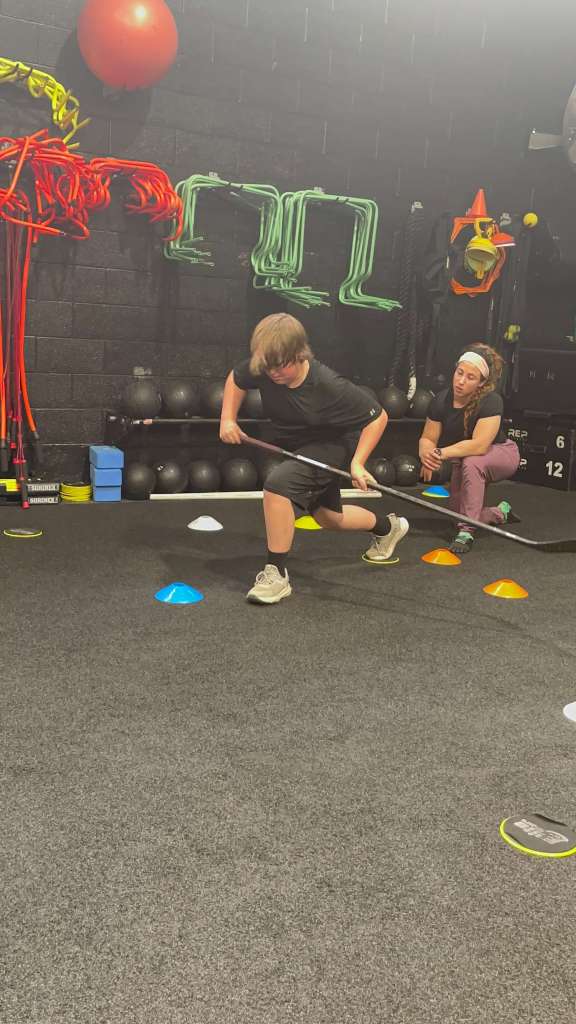The Importance of Early Start in Long-Term Athletic Development for Youth Athletes
Starting athletic development at a young age, such as around six years old, is crucial for laying the foundation for long-term success and overall well-being. Long-term athletic development (LTAD) focuses on gradual progression, skill acquisition, and fostering a lifelong love for physical activity.
Key Benefits of Early LTAD
- Motor Skill Development: Early participation in sports helps young athletes develop fundamental motor skills, such as running, jumping, and throwing. These skills are essential for success in any sport and lay the groundwork for more complex movements. Studies show that children who engage in diverse physical activities from a young age demonstrate a 20-30% improvement in motor skills compared to their peers.1
- Physical Literacy: Developing physical literacy—confidence and competence in movement—is a core principle of LTAD. Children who start early are more likely to maintain physical activity throughout their lives. Early engagement in various sports can increase physical literacy by up to 40%.2
- Psychological and Social Benefits: Participation in sports from a young age fosters social skills, teamwork, and discipline. These experiences are crucial for psychological development and can lead to a 30% improvement in self-esteem and social interaction skills. 3
- Reduced Injury Risk: Early and diverse physical activity helps develop strong bones, muscles, and ligaments, reducing the risk of injuries. Multisport participation, as opposed to early specialization, decreases overuse injuries by up to 50% .4

Strategies for Effective Early LTAD
- Varied Physical Activities: Encourage participation in multiple sports and physical activities to develop a wide range of skills and prevent burnout.
- Age-Appropriate Training: Focus on fun, skill development, and gradual progression rather than intense competition and specialization.
- Supportive Environment: Provide a positive and supportive environment that emphasizes effort, learning, and enjoyment over winning.
Conclusion
Starting long-term athletic development at a young age is essential for building a strong foundation of motor skills, physical literacy, and psychological well-being. By fostering a diverse and supportive environment, we can ensure that young athletes grow into healthy, skilled, and lifelong participants in physical activity.
“Empowering Physcial Education Today to Elevate Performance Tomorrow.”-Dr. Blake Tobin DPT
References
- Logan, S. W., Robinson, L. E., Wilson, A. E., & Lucas, W. A. (2012). Benefits of early motor skill acquisition. Physical Education and Sport Pedagogy.
- Gould, D. (2015). Importance of physical literacy in youth sports. Journal of Sport Psychology.
- Eime, R. M., Young, J. A., Harvey, J. T., Charity, M. J., & Payne, W. R. (2013). A systematic review of the psychological and social benefits of participation in sport for children and adolescents. International Journal of Behavioral Nutrition and Physical Activity.
- Myer, G. D., Jayanthi, N., Difiori, J. P., Faigenbaum, A., Kiefer, A. W., Logerstedt, D., & Micheli, L. J. (2015). Early sport specialization versus multiple sport participation. Sports Health.

